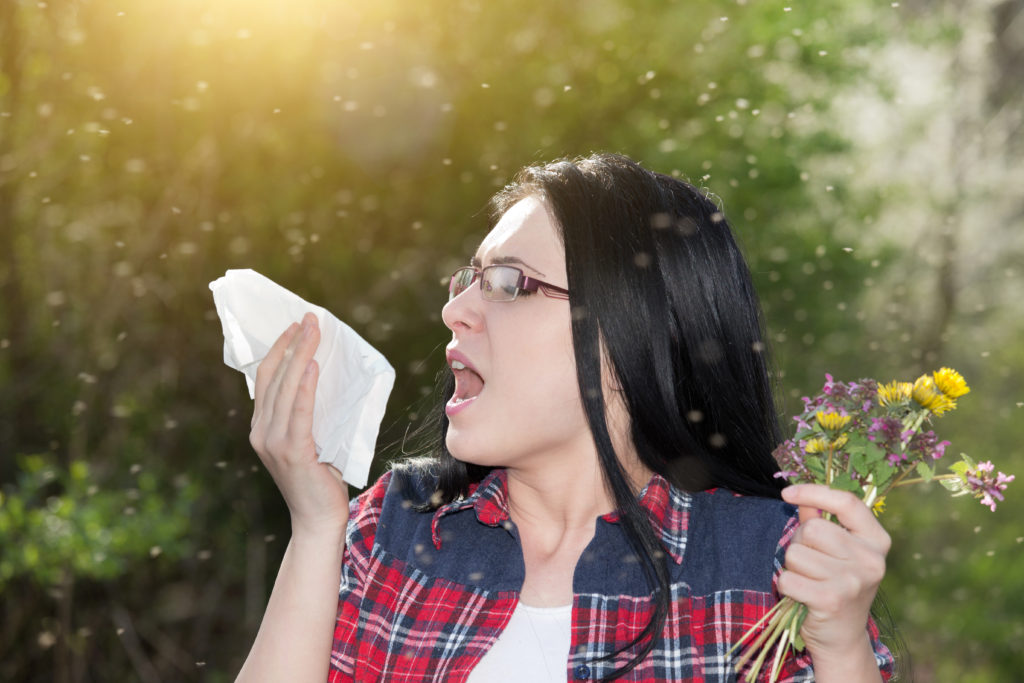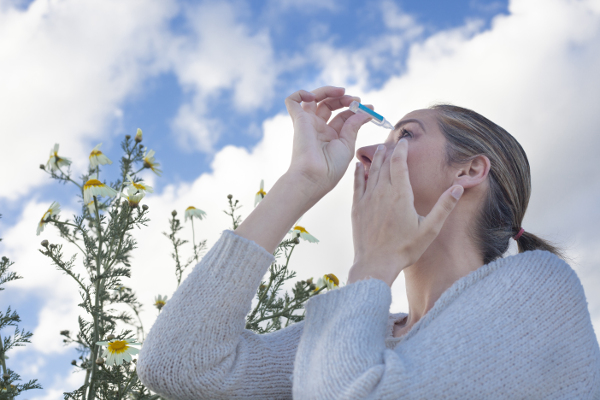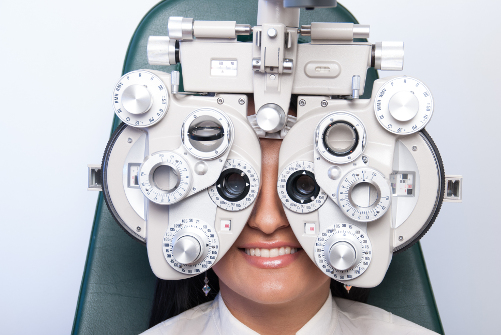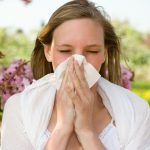5 Tips for Tackling Eye Allergies this Season
-

As allergy season approaches it’s time once again to stock up on Kleenex, decongestants and eye drops. As many as 50 million Americans suffer from seasonal allergies and that figure is expected to increase in the years ahead. Unfortunately for many, eye irritation and excessive tearing are at the center of the allergic reactions.
Fortunately, armed with the right information there are a number of things you can do to help lessen the impact of seasonal allergies on your eyes and day-to-day life. This can be as simple and straightforward as identifying whether or not you suffer from chronic seasonal allergies, or as sophisticated as a targeted prescription-based treatment plan. The more you can inform yourself about seasonal allergies, the better.
With that in mind, here are five tips to help you combat eye allergies this season:
-
1. Know the Causes

Allergens are responsible for causing allergic reactions. Pollen is the most common seasonal allergen affecting the eyes. These tiny grains are essential for the fertilization of plants, and spread easily in the wind, filling the atmosphere with tiny particles that irritate the eyes. During the spring allergy season, much of the pollen in the air comes from trees, while for summer pollen is typically from sprouting grass and for fall pollen is typically from weeds.
Molds are another source of the allergic reactions, festering in soil and rotting wood. Like pollen, the fungi spores spread via the atmosphere and are particularly troublesome when temperatures and winds increase during spring and summer.
Identifying these specific allergens can help you avoid situations that can irritate your eyes; or at the very least give you an opportunity to properly prepare for that summertime picnic in the park.
-
2. Recognize the Symptoms

A variety of symptoms are associated with eye allergies, some of which may affect you more/less than others. Common symptoms of eye allergies include:
- Watering of the eyes
- Eye redness
- Dry, itchy eyes
- Burning eyes
If you are experiencing any combination of these symptoms, try changing your environment if possible. Moving inside to a filtered environment with air conditioning can sometimes offset these symptoms. You may also counter the symptoms by using drops or oral medication.
If eye allergies are an ongoing concern, speak with your doctor or eye doctor to determine if a more proactive treatment option can help.
-
3. Avoid the Triggers

It might sound rather obvious, but if flowers cause your eye allergies to flare up, don’t keep fresh flowers around the house and don’t fill your garden with them. If it’s grass that causes you more problems, then don’t spend those sunny weekends frolicking around the park or mowing your lawn. If mold seems to be your biggest trigger, then don’t schedule that long overdue shed cleaning on a warm, spring day.
Identify your problem areas and then avoid them or plan ahead by using masks, goggles or medications.
-
4. Evaluate the Treatment Options

Avoiding the triggers that cause your eye allergies sounds good in theory, but it’s not altogether practical. Fortunately, there are a number of treatment options ranging from over-the-counter solutions to doctor prescribed.
Eye Drops: A variety of eye drop brands are available to treat the dryness, burning and itching often associated with eye allergies. These can work well for mild cases of allergies, but more stubborn cases may require a stronger prescription brand from your eye doctor. (Check out our article on eye drops do’s and don’ts.)
Contacts: If you wear contact lenses, they may worsen your condition during allergy season. The surface of lenses often accumulates airborne particulates like pollen and mold spores. Try replacing your contacts with eyeglasses during allergy season, or during specific activities during which you are more likely to come into contact with triggers.
Prescription Medications: For more severe cases of allergies, you have options. Beyond prescription eye drops, there are a number of oral medications like antihistamines, NSAIDs, steroids and mast cell stabilizers.
-
5. Be Proactive

If you suffer from eye allergies and aren’t already visiting an eye doctor for regular eye-health checkups, consider setting up an appointment for a full evaluation to determine what treatment option(s) might be best for you. Your doctor can help you better understand your condition and prepare you for situations that might cause flare ups.







